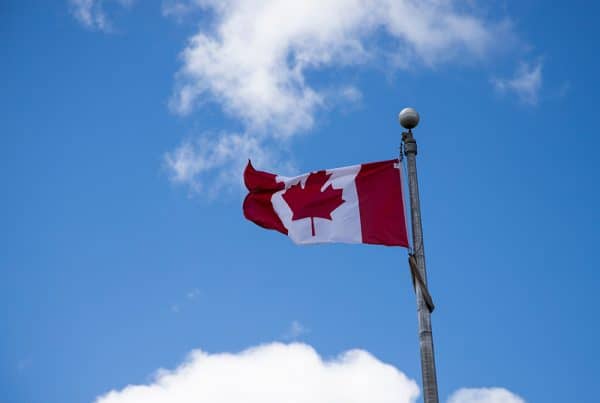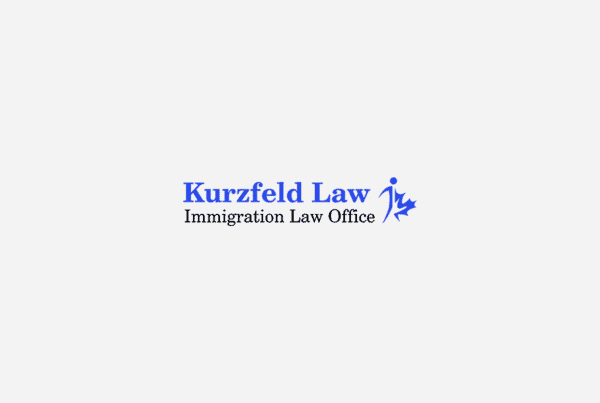The modern approach of Canada towards immigration makes two capital mistakes. Firstly, it assumes that immigration in this present century is a southern Canadian phenomenon. This means that most people are invariably going to move to the southern cities like Montreal, Toronto, and Vancouver. Secondly, Canadian immigration has to turn almost exclusively on an economic demand.
Demand for People in North America
There have been reports of continuous and aggressive ice- melting in the Arctic during the summer season. This is part of long term and accelerating trend which serves to confirm that Canada is going to need many more people in the Northern part in the coming years.
In simple words, Canadian immigration and migration in this century is going to be mainly northern in character. This is going to be driven more by the geopolitics and national strategy than the conventional economic considerations.
The settlement of the southern border in later half of 19th and 20th century presages what is supposed to come. In comparison to the present day mythology regarding people having populated the 49th parallel just because it is comparatively warm or because majority of the trade runs with the American neighbors, Canada’s southern settlement’s original logic was basically military in nature.
The U.S. is the natural enemy of Canada and the population of Canada followed the fortifications lines along Canada and U.S. border which was supported by the rail lines gradually spanning the entire expanse of the large country along the east-west axis.
Economics
The economics actually followed the strategic logic and not the reverse. If people are to survive as a country for the balance of the century and have a hope of managing large Arctic and northern real estate which will be exposed and to be contested by the virtue of ice-melt of Arctic. Thereafter, economics will again have to follow a strategic logic.
However, Canadians might not even remember how to do a strategy.
Two Artic Giants
There are mainly two Arctic giants in this present century living irrespective of people like it or not in extreme strategic juxtaposition: Russia and Canada.
On the Russian Side of the Artic Ledger, there are around 2 million people residing in Far Russian North with all supporting ise and infrastructure commended by a demographic mass. Between 200,000 and 300,000 people living in the leading northern cities such a Yakutsk, Norilsk, and Murmansk. The large Siberian belt underlying the Arctic base in Russia has a population of around 40 million people.
Again on the Canadian side of the ledger, across three Northern territories, there is a total population of about 115,000. Below the territories across ten provinces, the quasi-northern population of the country to be less than two million.
In fact, people of the northern territories have less than one percent people who are actively thinking about or even working on the northern border.
To say the truth, it is difficult to control, manage, and protect the north which includes the environmental terms along with paltry demographic resources. Even if Russia and the other Arctic countries are not taken as future threat, there are not enough people in and when it comes to surviving multilateral or bilateral processes regarding how to manage the north in our interest and also on their terms.





